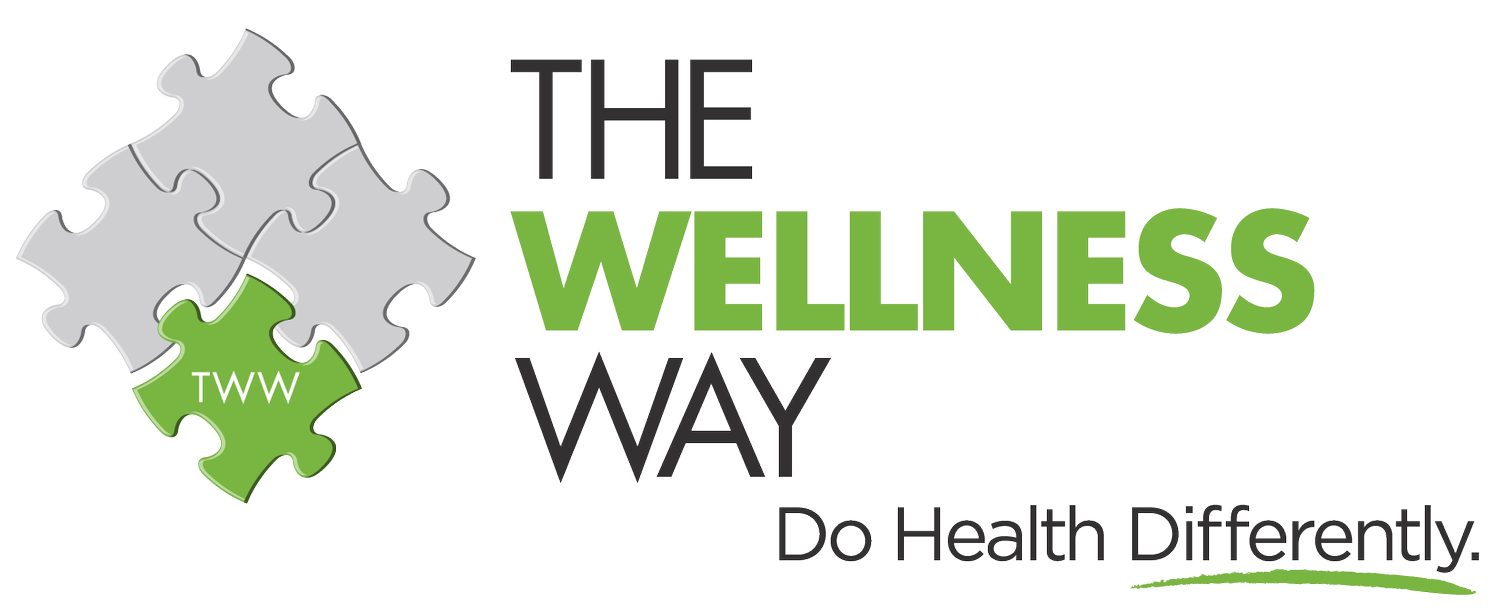Healthy Fats: Why They Matter and How to Add Them to Your Diet
For years, many people have believed that eating fat is bad for your health. This misconception has led to the rise of low-fat diets and the avoidance of foods that actually play a vital role in our well-being.
The truth is, not all fats are created equal-healthy fats are essential for your body and mind.
Why Are Healthy Fats Actually Good for You?
Healthy fats play several crucial roles in your body:
Brain Function and Nervous System Health: Fats are a key component of cell membranes and nerve tissue, including the brain. They support cognitive function and help maintain mental clarity as you age.
Cell Growth and Repair: Fats provide the building blocks for cell membranes, supporting growth, repair, and overall cellular health.
Hormone Production: Many hormones, including those that regulate metabolism and stress, are made from fats. Without enough healthy fats, hormone balance can be disrupted.
Vitamin Absorption: Vitamins A, D, E, and K are fat-soluble, meaning your body can only absorb them with the help of dietary fat.
Organ Protection and Energy: Fats cushion your organs and provide a concentrated source of energy, supplying more than twice the calories per gram compared to protein or carbohydrates.
Satiety and Weight Management: Healthy fats help you feel full and satisfied, making it easier to avoid overeating and manage your weight.
Addressing the Misconception
The idea that all fats are harmful is outdated. While bad fats-like trans fats and excessive saturated fats-can raise cholesterol and increase disease risk, good fats such as monounsaturated and polyunsaturated fats have the opposite effect. They help lower bad cholesterol, reduce inflammation, and support heart and brain health. In fact, diets rich in healthy fats, like the Mediterranean diet, are linked to lower risks of heart disease and cognitive decline.
Top Sources of Healthy Fats
How to Add Healthy Fats to Your Diet
Incorporating healthy fats is simple and delicious:
Cook with healthy oils: Use olive, avocado, or coconut oil for sautéing, roasting, and salad dressings.
Add avocado: Top salads, sandwiches, or toast with sliced avocado, or blend into smoothies for creaminess.
Snack on nuts and seeds: Enjoy a handful of almonds, walnuts, or pumpkin seeds, or sprinkle chia or flax seeds on yogurt and oatmeal.
Try ghee or tallow: Use organic grass-fed ghee or tallow for roasting vegetables or as a flavorful spread.
Blend cacao butter: Add to smoothies or desserts for a rich, creamy texture.
Quick Tips
Replace processed snacks with olives, nuts, or avocado slices.
Swap creamy dressings for olive oil and lemon juice.
Store oils in a cool, dark place to preserve freshness and nutrients.
Healthy fats are not only safe-they’re essential for your body’s wellness. By choosing the right fats and incorporating them into your daily meals, you support your brain, heart, hormones, and overall vitality.
If you want personalized guidance, consider scheduling a food consultation with trained staff of The Wellness Way Sarasota for tailored advice on adding healthy fats to your diet.


